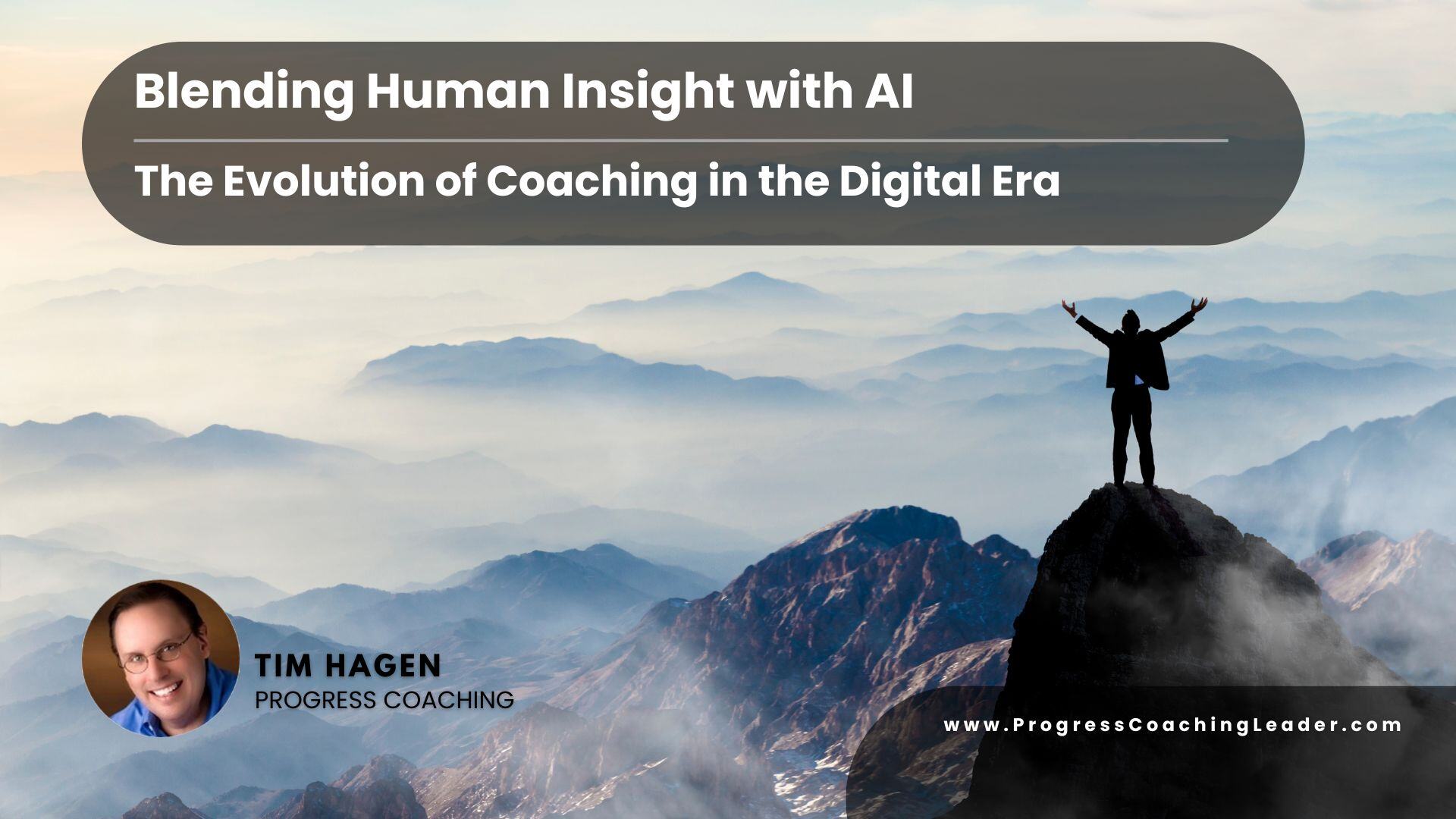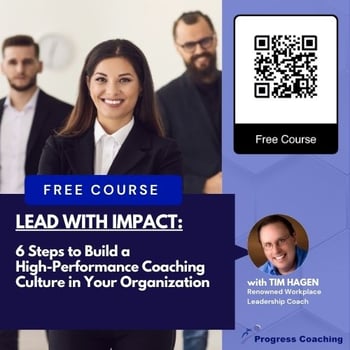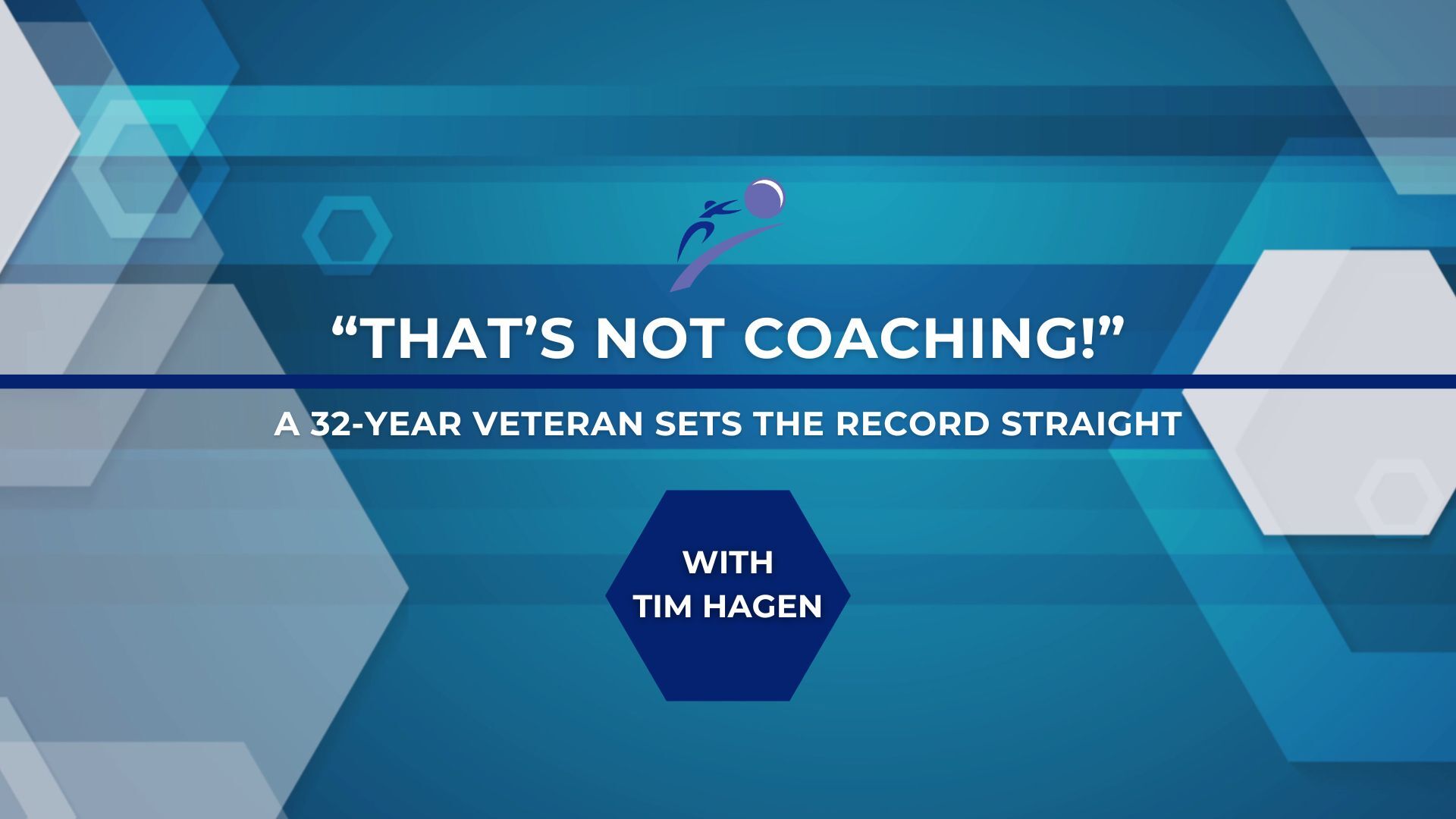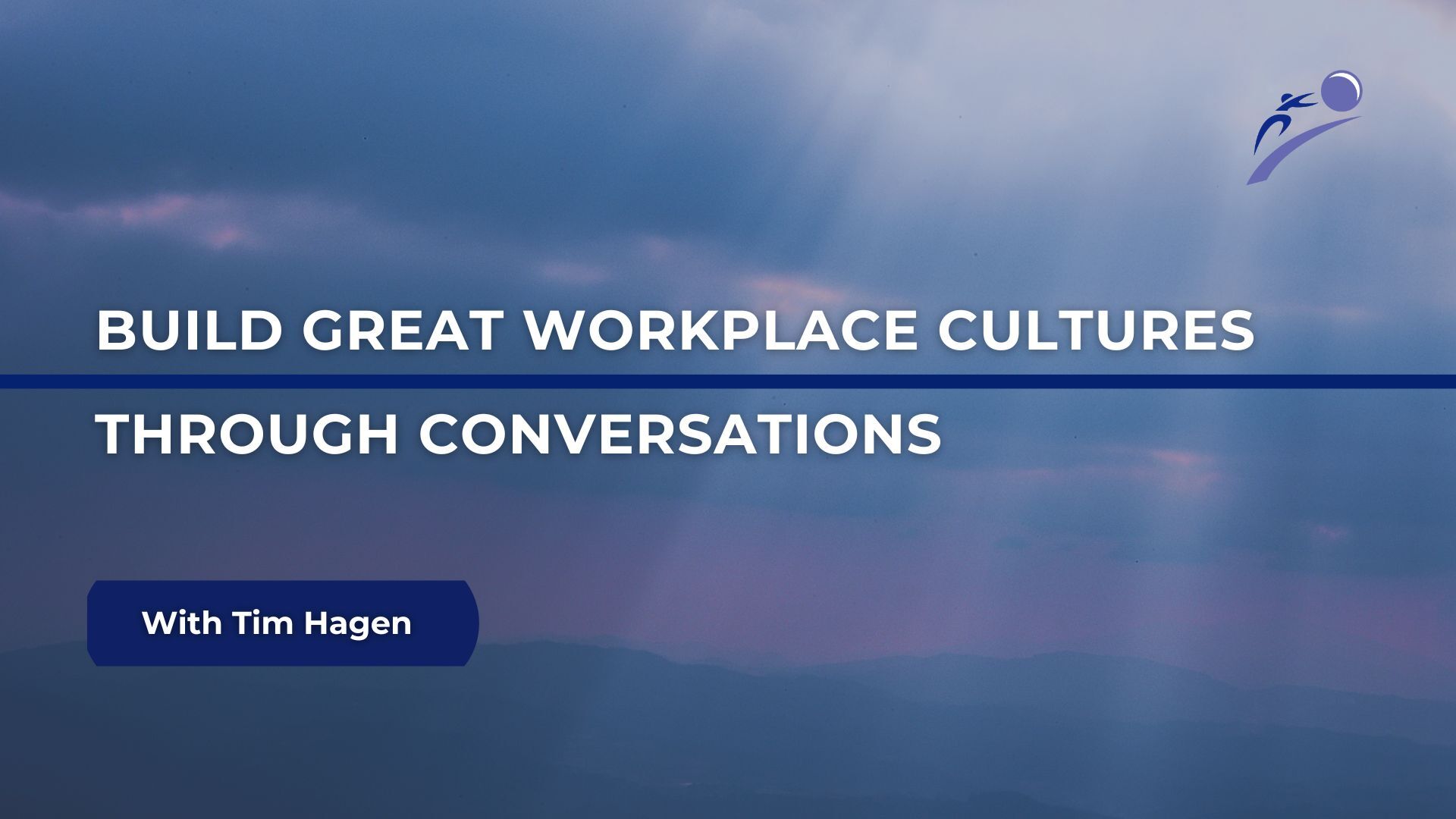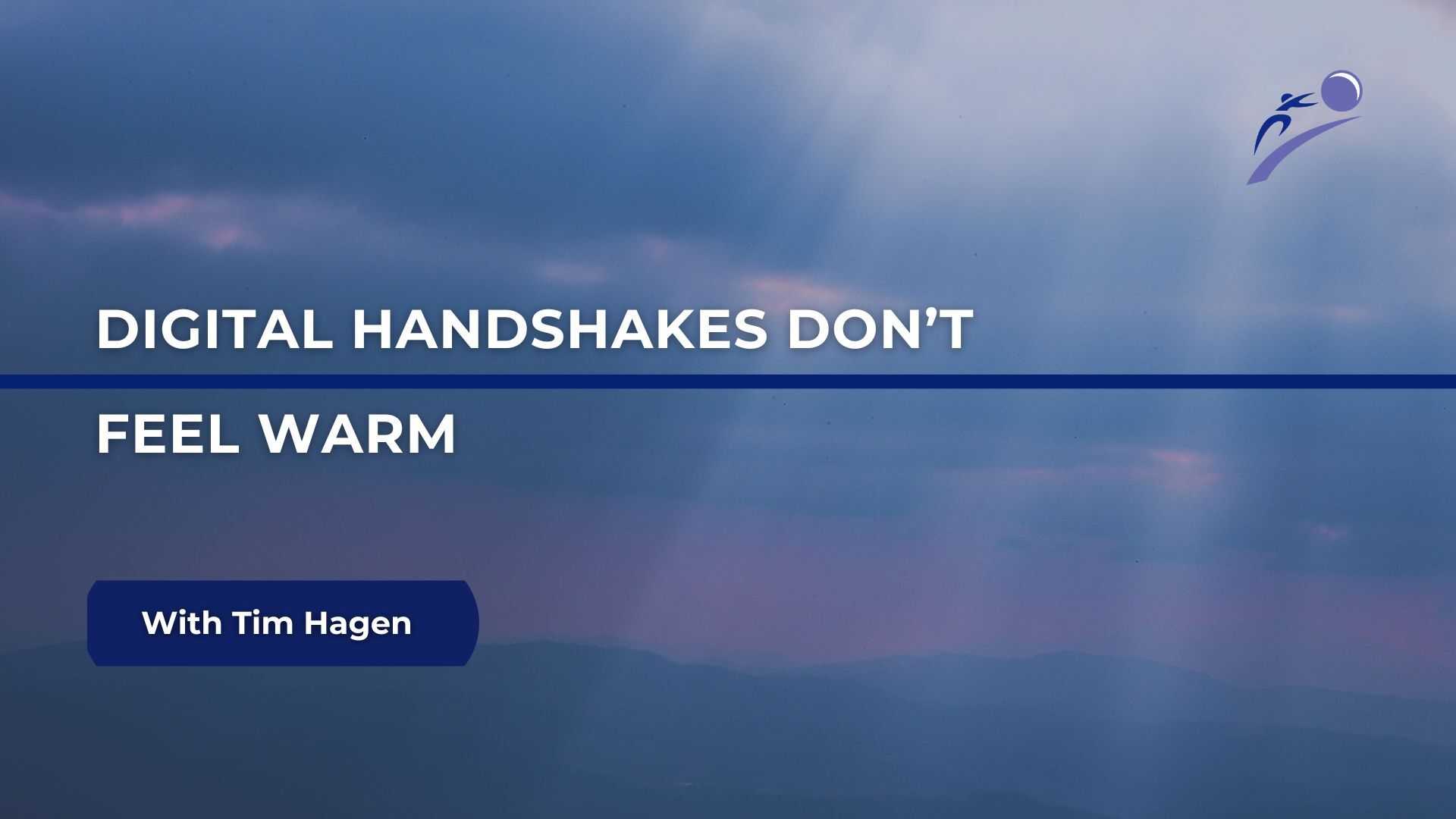Blending Human Insight with AI: The Evolution of Coaching in the Digital Era
As the digital age forges ahead, we navigate the future of workplace coaching, and how AI has already woven itself into the fabric of our professional lives, transforming learning and development in ways we're just beginning to understand. This unforeseen boom in virtual coaching businesses, including my own, reveals a newfound acceptance of remote interactions that have catapulted us into thrilling new opportunities.
Yet human aspects remain crucial amidst the reshaping of job roles and skill requirements due to AI's influence. We engage with the raw emotions—fight or flight—that often accompany shifts in the workforce. We underscore the vital importance of career development and coaching conversations, as a stunning statistic from McKinsey suggests a significant portion of workers are eyeing the door for better prospects.
Take a candid look at this journey through an AI-enhanced working world, where the essence of human connection and strategic conversations holds the key to adapting and thriving.
This is our last installment of artificial intelligence and coaching for the month of May, and let me just share this with you. This is a really important topic. I love AI. I think we have to weave AI into our organizations to help us be more effective. In terms of coaching, learning, and development strategically, I think people are still going to want to have coaching conversations in person, despite all these AI advancements and capabilities. People are still going to want to go to training.
Here's a tough truth to share. When we got hit with the pandemic, my wife's business took a huge hit. She's a pediatrician. Yet, my business skyrocketed. My business partner, Ron, said it was because we worked so hard. I told him it was because of the pandemic. The virtual world is more accepted because of it. I think it's a better way to get people to learn how to coach and improve their skills because we don't jam everything into two days of workshops, traveling all over the country. Now, because of the virtual capabilities, I serve clients in Korea, China, Europe, and Australia. It's scaled our business overnight and this virtual world has become more accepted.
Now that we seem to have rebounded from the pandemic and the Kingdom of Virtual Meetings (aka Zoom-fatigue), people are asking me to come help coach their teams in person. They're bringing their teams back to in-person models. I craved that one-on-one interaction, too. We're going from this virtual world to a world of "I want to get back in touch with people, I want to connect."
I love that Jamie Dimon, the CEO of one of the biggest banks in the U.S., announced to his workforce that on June 1st, everybody needs to be back in the office. That caused a large exit of people. Understandable, since many people got used to working at home.
One of my favorite people at a credit union in New York, Kenny, said he hated it, the idea of having to go back to an in-person model. In a recent conversation with him, he said he now loves it. He'd forgotten about working this way, but he loved being able to go down the hallway and talk to people now.
What's amazing to me is that my company has been virtual for about 12-13 years, and I kind of modeled it after another company in Milwaukee, a great talent development firm called Titus that does great recruiting work. I asked him how he holds people accountable. I like working in my office by myself. This change is causing people a lot of stress and pushback. As change, in general, tends to create. People don't like change.
Here's my prediction for future workplace coaching habits. What's going to happen is we're going to have an influx at the foundation of AI implementation. It's going to be with job change, skill development change, navigation, agility...all of those things are going to require conversations. We cannot have an AI tool magically show up and instruct Bob that today he's no longer going to be an editor; instead, he's going to be the janitor...good luck. True, that's an exaggeration, probably not a fair way to depict it. Yet the fact of the matter is we have to realize AI is not coming-- it's already here. It is going to prompt conversations.
When we have a conversation that doesn't go well or we hear something we don't like, we morph into this state of mind called fight or flight. It's at the core tenets of emotional intelligence. Hearing something or feeling something we don't like, most humans react emotionally. We interpret things emotionally when we hear things we don't expect or like.
For example, if people hear their job is changing, they typically will go into the stratosphere. Fight or flight mode? Many will take flight. How do I know that?
McKinsey has a recent study that 50% of people are actively looking for jobs due to a lack of career and coaching conversations it's up over 50%. In Q4 of 2022, it was around 40%. That is a daunting statistic. Think about that.
If we're not having conversations around what people want to do with their careers and we're just viewed as thrusting new change and new job responsibilities on them and expecting them to immediately adapt (and some jobs will and have been affected that way), it is going to require crucial leadership conversations.
Let us know your thoughts.
Want to boost your coaching and leadership game? We're offering a FREE COURSE to help leaders enhance their coaching abilities with
Lead with Impact: 6 Steps to Building a High-Performance Coaching Culture in Your Organization
This is a 7-day course with video lessons sent to your email throughout the week. You can watch the recorded lessons on your own time at your own pace.
Discover:
-
The best attributes of coaching
-
An efficient framework for coaching
-
The crucial tiers of learning
-
The 3 levels of change
-
The power of questions
-
and more!
Access the free course here: https://upvir.al/156009/lp156009

